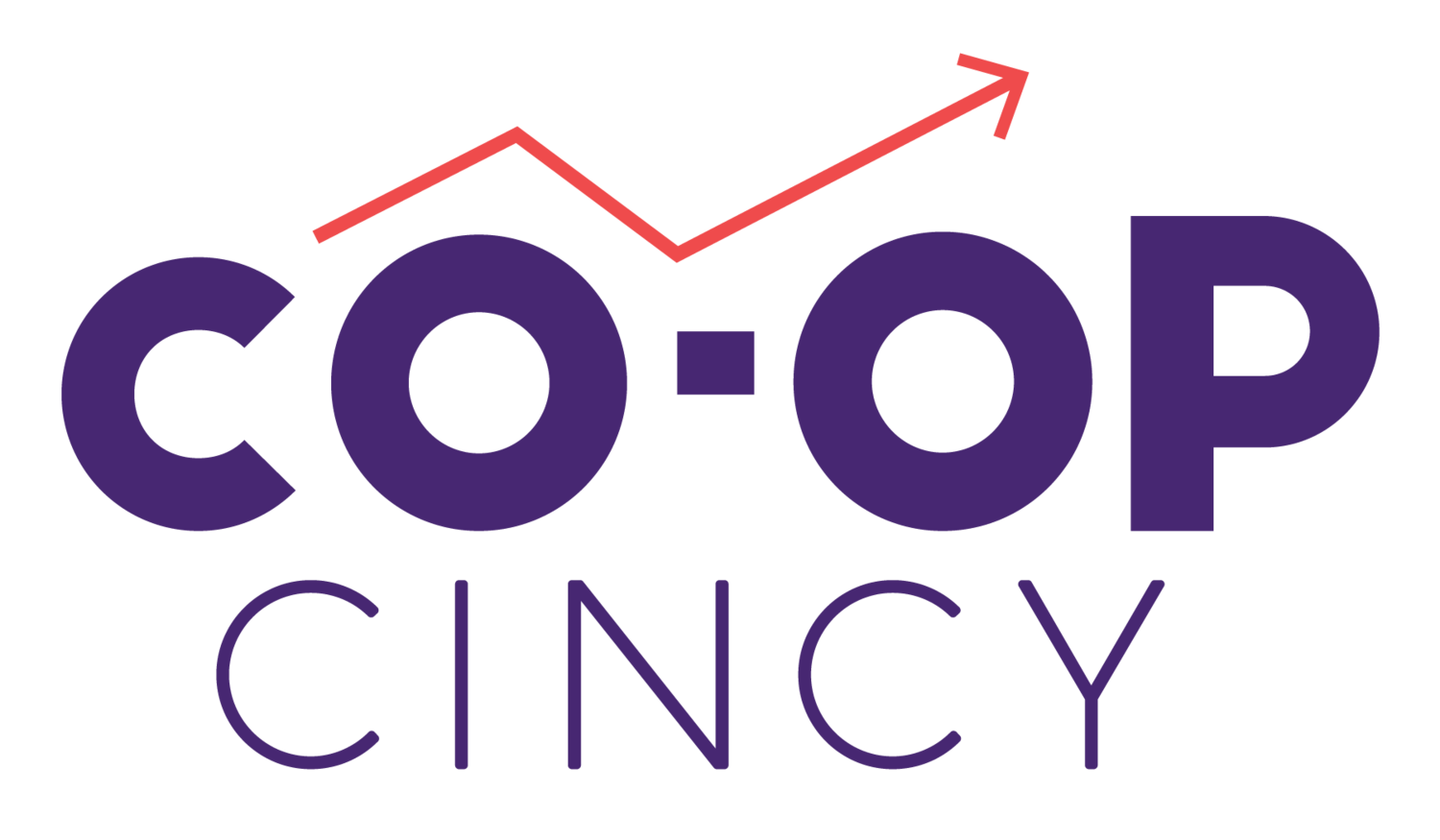As Our Harvest enters 8th growing season, worker owners speak out on issues close to their heart. First, check out the brief video featuring Farm team member Olivia Nava as she beautifully tells about her work, the farm, and her experience and passion for farming. She is featured as a notable woman of Cincinnati. Worker-owner and Farm Manager Stephen Dienger offers this powerful analysis of the challenges with farming in a way that honors land and labor.
Farm Report!
I took part in a survey for the State Of Local Food in the Cincinnati area. One of the questions asked what challenges we face as a local farm. Here was my response:
Our Harvest cannot produce food at the current market price our local outlets are asking for. Food prices are depressed across the US due to many factors, but in particular, the US holds "free market" policies with foreign countries who pay their workers well below our minimum wage and have lower cost of living, thus allowing them to sell cheaper than we can afford to produce.
I attribute low local market prices to a lack of value placed on food in our community. More specifically, our communities do not place value on food grown on farms where it is sustainably raised, the workers are treated with dignity and fairly compensated, and the land cared for. None of the wholesale buyers we have approached have made the commitment to buy from Our Harvest because we do all of these things better than our industrial competitors. The corporate industrial farms can out-compete us on price by growing volume through monocropping and by short-cutting land stewardship measures and workers treatment.
The other thing making it difficult to compete are subsidies to megafarms who grow commodity crops of corn, soy, cotton, etc. Also, government crop insurance (paid for by US tax payers) gives these farmers up to three-quarters of their expected yield even if they fail to grow a single unit. Handouts like these to wealthy megafarms encourages them to buy up as much land as they can because they receive a payout regardless of how poor their yields. This puts small farmers like Our Harvest Coop at a disadvantage because the market price for farmland is way over-inflated, and thus we cannot afford land of our own. We are beholden to the whim and rental price of our landlords.
As in my experience with Our Harvest, payout is minuscule for small, start-up farms, so institutions generally refuse to lend start-up capital. If we use inheritance, or in the unlikely chance that a bank loans us capital (as in Our Harvest's experience) we are unable to pay it back at the interest rate they set, creating a "do or die" situation every month.
It is challenging finding good help because we struggle to pay our workers enough to compensate for the stressful, often dangerous, physically demanding work. Even though we pay union wages with a healthcare stipend, young people getting into the workforce turn away from this profession because they can find better paying jobs that are less difficult and risky.
Even though our difficulties abound, the support of our CSA customers has made a huge difference in keeping us going. Thank you for your support!
~Farmer Stephen



